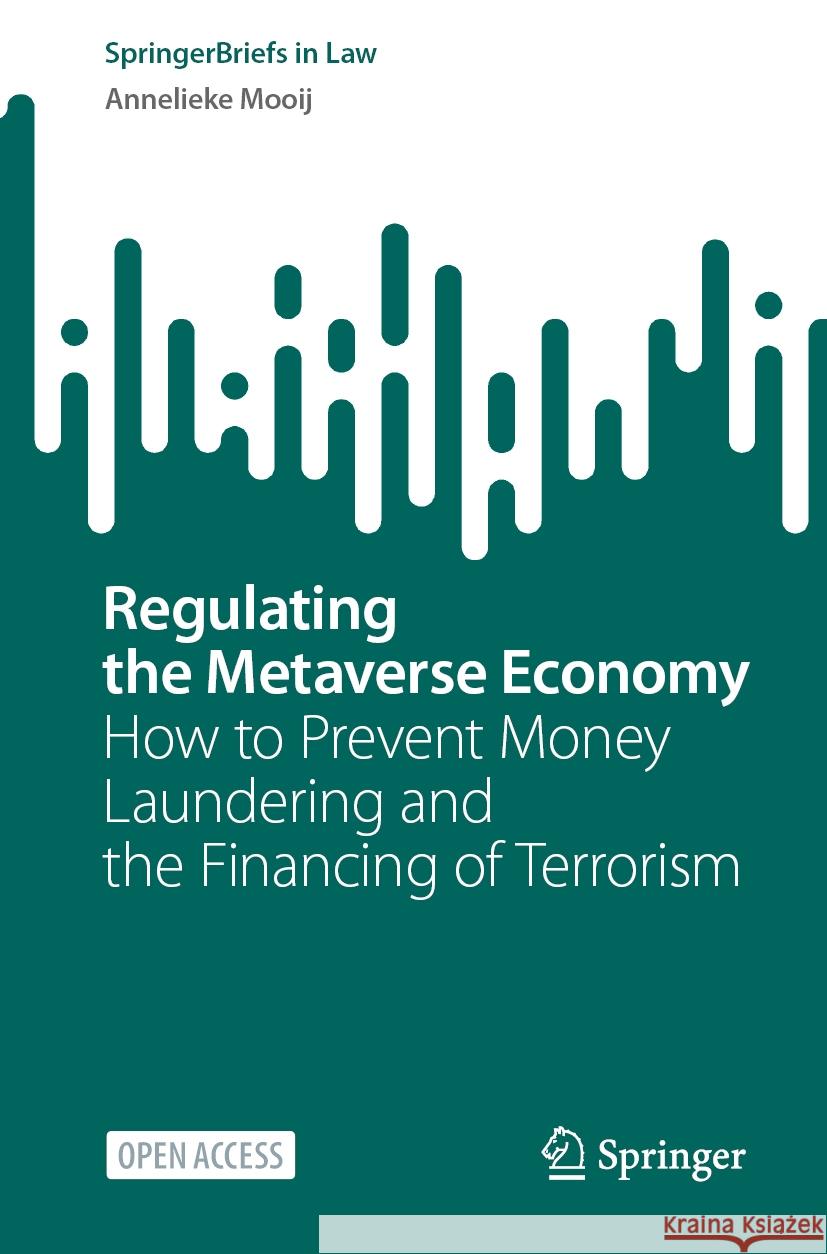Regulating the Metaverse Economy » książka
topmenu
Regulating the Metaverse Economy
ISBN-13: 9783031464164 / Angielski / Miękka / 2023
This open access book examines regulating an environment that has no jurisdiction, is fully anonymous and infinitely vast? Welcome to the Metaverse, an online virtual reality that is expected to add billions to the global economy. The Metaverse offers a new type of virtual economy with practically endless business opportunities. The question is how to prevent these opportunities from being abused to commit money laundering and finance terrorism (MLFT).This book explores the current European Union legislation designed to prevent MLFT in connection with the Metaverse. It analyses the legislation in relation to the three traditional stages of MLFT: placement, layering and integration. Furthermore, some additional risks specific to the Metaverse are discussed, such as Non-Fungible Tokens (NFTs) and the high level of anonymity. The book concludes that the current legislation is not suitable for facing the new challenges of the Metaverse. In turn, the book puts forward a novel approach to regulating and enforcing MLFT legislation: using a system of smart assets equipped with AI to prevent and detect MLFT. In addition, it makes recommendations on how to improve the legal framework with regard to the new challenges arising from the Metaverse. Particular attention is given to creating a legal framework that incorporates the use of smart assets and the Internet of Things, in order to provide a safe environment for potential users and society.With a solid background in financial law and technology, the author successfully creates a novel system of regulation and enforcement that is based on the use of automatic enforcement, whilst keeping sufficient legal safeguards in place for potential Metaverse users.This book will be of interest to anyone interested in the Metaverse. Whether you want to regulate it or open your own virtual business, it’s a must-read!











